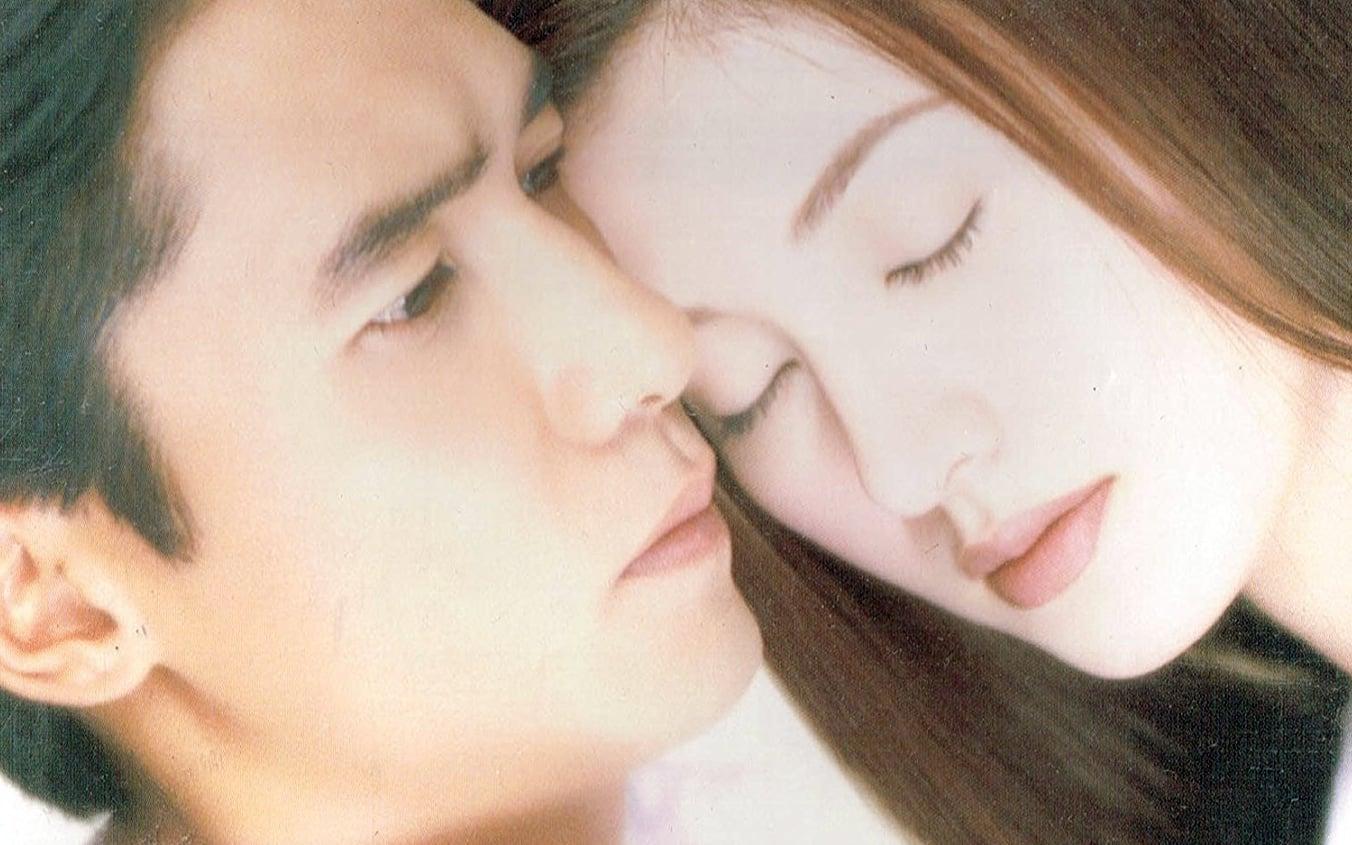Healing Hearts by Tut-Hei Tang (Review)

If there’s one thing you can’t accuse Hong Kong movies of, it’s their lack of emotion. One of the things that first attracted me to HK cinema was its passion, its unbridled appeal to emotion. Be it a flamboyant display of martial arts, a ballet of gunfire, or a heartwrenching love story, it’s this flair for making excess artistic that is one of HK cinema’s greatest strengths. But it can also be a big obstacle to newbies, not used to much of the genre’s lack of subtlety. And then, there are those cases when the emotional approach falls on its face, as in Healing Hearts.
From the very start, the movie’s premise is an attack on the ol’ heartstrings. Lawrence (Tony Leung) is a well-respected doctor, but the loss of his girlfriend in a traffic accident has left him a hollow person. His colleague, Paul, is in love with a beautiful comatose woman, Jackie (Michelle Reis). However, it’s Lawrence that brings Jackie out of her coma. Before you know it, Jackie is staying with Lawrence until she can put her life back in order. Unfortunately, Jackie suffers from a life-threatening disorder that manages to pop up at the worst times.
Personally, I would take it as a warning when the plot sounds like your average E.R. season finale. But that just barely scratches the surface of this movie’s flaws. Much of the plot seems built upon sheer convenience. Lawrence just happens to be a heartbroken, yet brilliant surgeon. Jackie just happens to come out of a coma when Lawrence prays for her. Paul just happens to acquiesce when he realizes Jackie and Lawrence are growing closer together (no real romantic triangle here, folks, despite what you might read). I’d let such a fortuitous setup go by if there was a payoff, but Healing Hearts offers none. Well, it tries to offer a couple, but you’ll never see them.
There are times when it feels like writer/director Tang wants to inject some drama into his movie. Unfortunately, he never followe through on any of them. There’s a subplot about the reckless driver who killed Lawrence’s girlfriend. He turns up every so often, Lawrence promises to track him down, and the movie’s pace goes up a notch. But by the next scene, all is forgotten. And evidently, Lawrence isn’t as brilliant a surgeon as everyone thinks he is. The relatives of a patient who died in his care promise to get even, but after a tense scene, they’re never seen again. There’s also a sidestory surrounding a shootout in the film’s opening moments, and some legal repercussions surrounding the hospital’s actions, but the characters involved just seem to come and go at Tang’s whim.
And the romance… for a “romantic drama,” there’s very little romance or drama. One minute, the two are arguing over how to buy groceries and the next, they’re making out on the couch (there’s that convenience again). You do see some scenes of the two eating and walking together. But most of the couple’s interaction centers around Jackie messing up Lawrence’s structure, albeit empty life. Here, it feels like Tang is trying to pull off his own Chungking Express, in which Leung plays another heartbroken man whose life is thrown into chaos by a cute, perky girl. Tang even tries his hand at Chungking Express’ visual style for a scene, but never again.
As for the acting, Tony Leung is completely wasted here. For the most of the movie, he looks completely bored, and it’s easy to see why. Leung is one of the best actors in Asia; as In The Mood For Love showed, he’s able to pull off incredibly deep, nuanced performances. But this movie never requires anything of the sort. And none of the other cast members really do anything spectacular (aside from Reis being cute and meddling).
Tang just has so many ideas that he doesn’t know what to do with them all. The movie takes steps down many paths, from one subplot to the next, but none of them are ever developed. They’re mere oddities, meant to pique your curiosity. Meanwhile, the drama of the central story is completely lost. Apparently, this was Tang’s first directing and writing job, and it shows. It’s amateurish, sloppy, and never really involving, despite its attempts to make you reach for the tissues. By the time the movie ends on its “heart-wrenching” note, you’ll probably be too bored or too annoyed to really care if everything worked out or not.